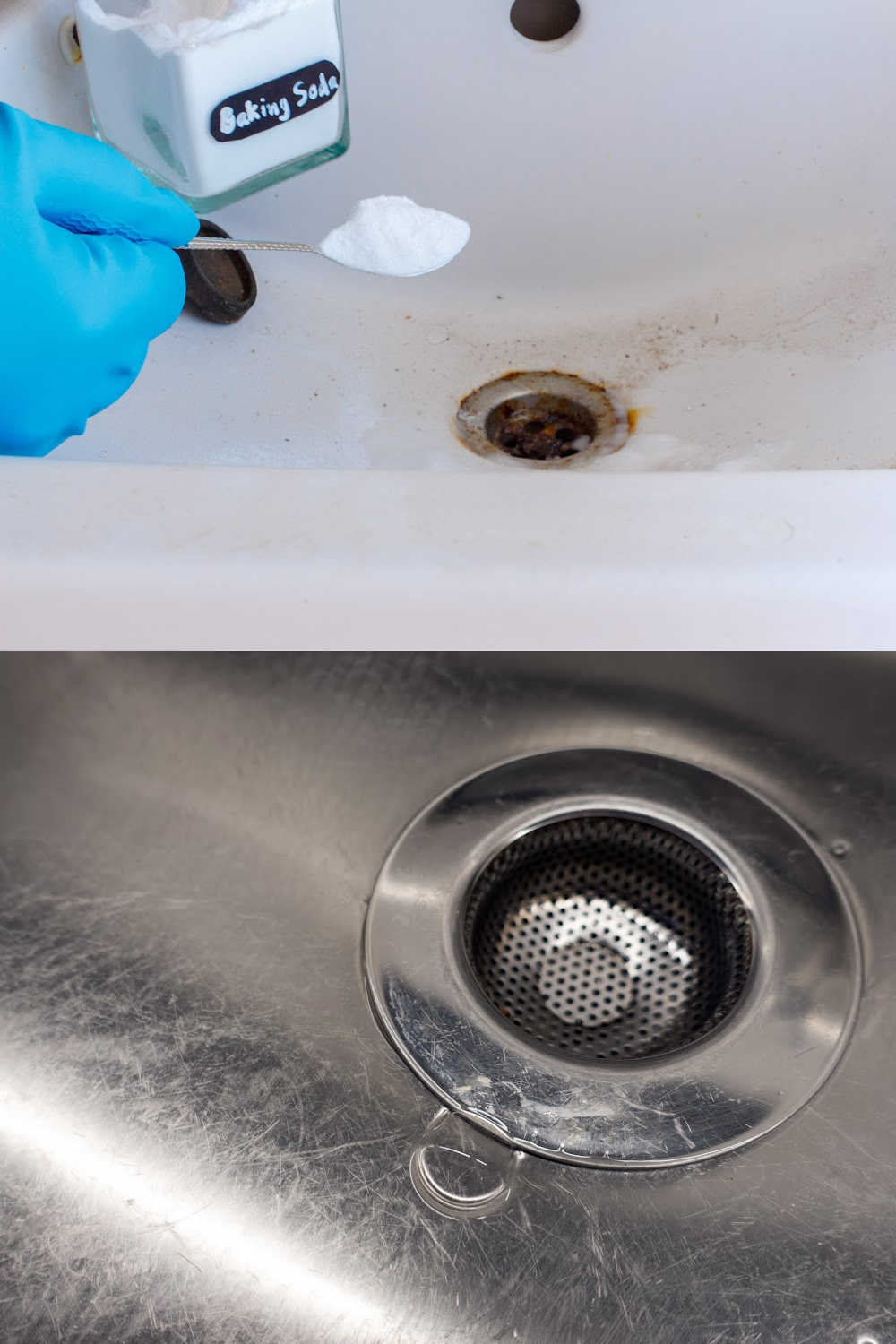How To Clean Sink Drain With Baking Soda And Vinegar

Clogged sink got you down? A bubbling, fizzing solution might be all you need. A simple baking soda and vinegar concoction can often clear minor sink drain blockages without harsh chemicals.
This article provides a quick and effective guide to unclogging your sink using common household ingredients. This method is often effective for clearing grease buildup, hair, and other common drain debris. Follow these steps and reclaim your smoothly flowing sink.
Step-by-Step Guide to Drain Cleaning
Step 1: Clear Standing Water
Remove any standing water from the sink. Use a cup or small container to scoop it out.
The drain should be as clear as possible before proceeding.
Step 2: Pour in Baking Soda
Pour one cup of baking soda down the drain.
Make sure the baking soda goes directly into the drain opening. Use a spoon if needed.
Step 3: Add Vinegar
Immediately follow the baking soda with one cup of white vinegar.
A fizzy reaction will occur, so be prepared for bubbling.
Step 4: Let it Fizz
Let the mixture fizz and work for at least 30 minutes.
For stubborn clogs, you can let it sit for several hours, or even overnight.
Step 5: Flush with Hot Water
After the fizzing subsides, flush the drain with hot water. Let the hot water run for several minutes.
This will help to push any loosened debris down the drain. Be careful with PVC pipes as extremely hot water may damage them.
Step 6: Repeat if Necessary
If the drain is still clogged, repeat the entire process.
Sometimes multiple treatments are needed for particularly stubborn blockages.
Safety Precautions
While baking soda and vinegar are generally safe, exercise caution. Wear gloves to protect your hands.
Avoid getting the mixture in your eyes. If contact occurs, rinse thoroughly with water. Do not mix baking soda and vinegar with other drain cleaners, as this could create hazardous fumes. Mixing these substances could be dangerous.
When to Call a Professional
If the baking soda and vinegar method doesn't work after several attempts, it's time to call a plumber. Persistent clogs may indicate a more serious problem.
A professional plumber has the tools and expertise to diagnose and fix complex drain issues.
Ignoring a serious clog could lead to further damage to your plumbing system.
Alternative Solutions
If you prefer not to use baking soda and vinegar, there are other options. Consider using a plunger to dislodge the clog.
A drain snake can also be effective for reaching and removing debris deep within the drain.
Enzyme-based drain cleaners are another option, and they are generally considered safer for pipes than chemical drain cleaners.
Environmental Considerations
Baking soda and vinegar are environmentally friendly alternatives to harsh chemical drain cleaners.
They are biodegradable and less likely to harm the environment. Choose these options whenever possible.
Tips for Preventing Future Clogs
Preventing clogs is easier than fixing them. Avoid pouring grease down the drain.
Use a drain strainer to catch hair and food particles. Regularly flush your drain with hot water to help prevent buildup.
These simple steps can save you time and money in the long run.
Important Note
Always consult a plumbing professional for significant or recurring issues. Ignoring plumbing problems can lead to expensive repairs.
This method is a first step solution and might not be adequate for all drain problems. This article is for informational purposes only and does not constitute professional plumbing advice.



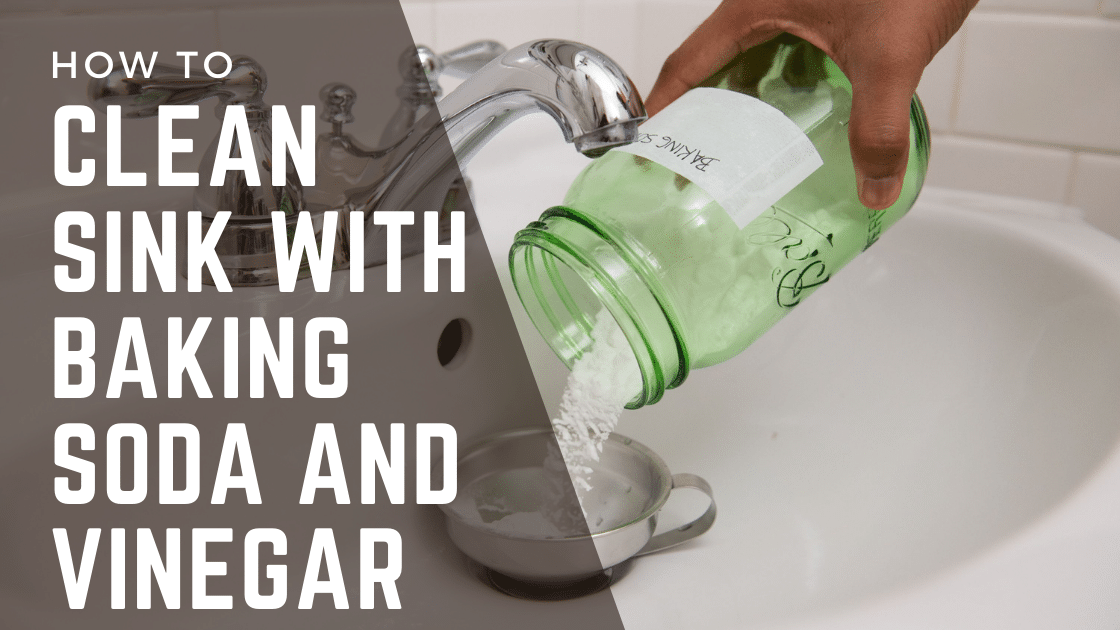

:max_bytes(150000):strip_icc()/how-to-clean-a-stinky-drain-5207454-04-8b0885bf2a564afcbd5bd46be951e51d.jpg)



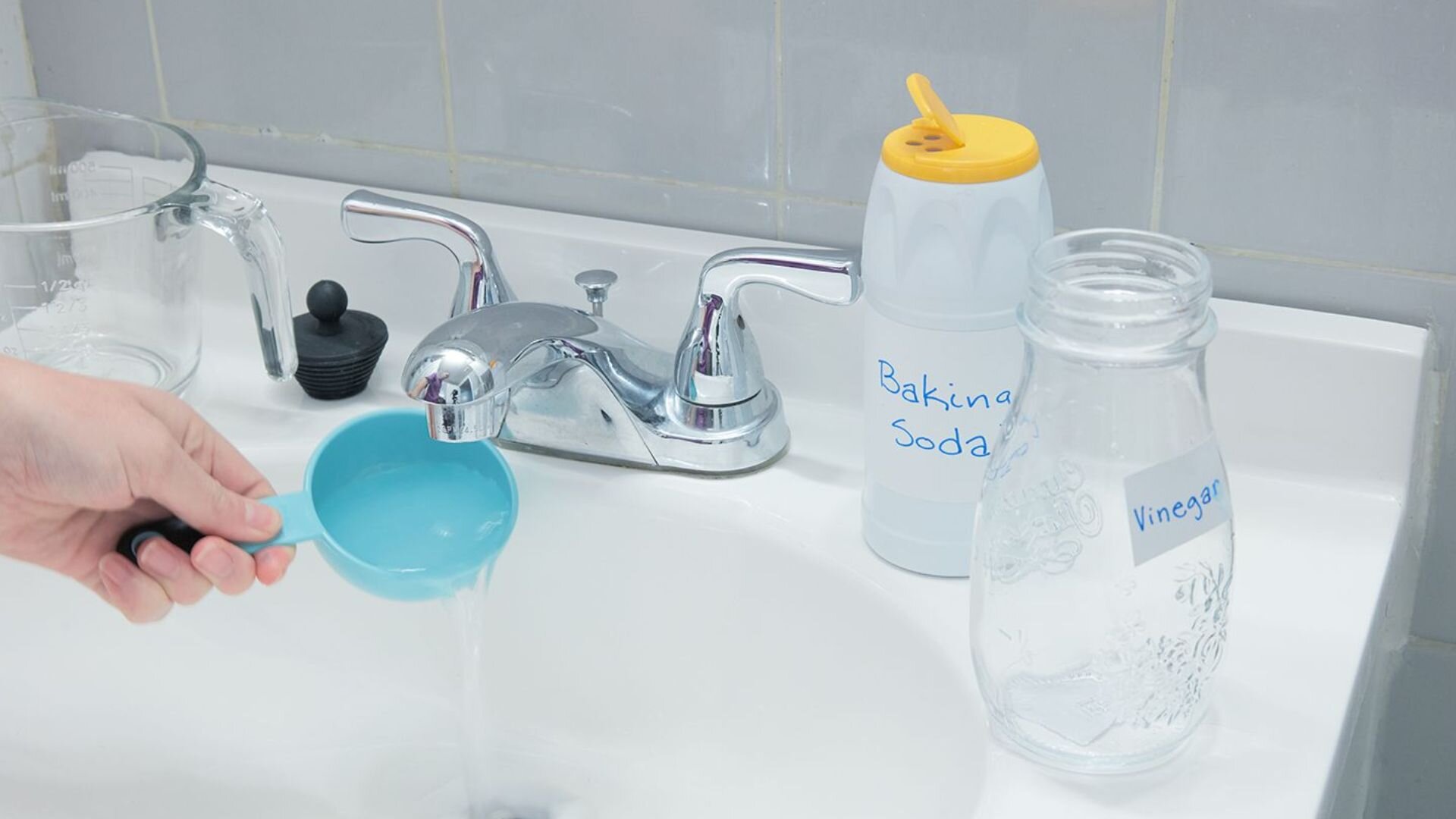

:max_bytes(150000):strip_icc()/freshen-and-unclog-drain-with-baking-soda-1900466-18-1a5b5da01939471ca8f8823865bd1ce8.jpg)
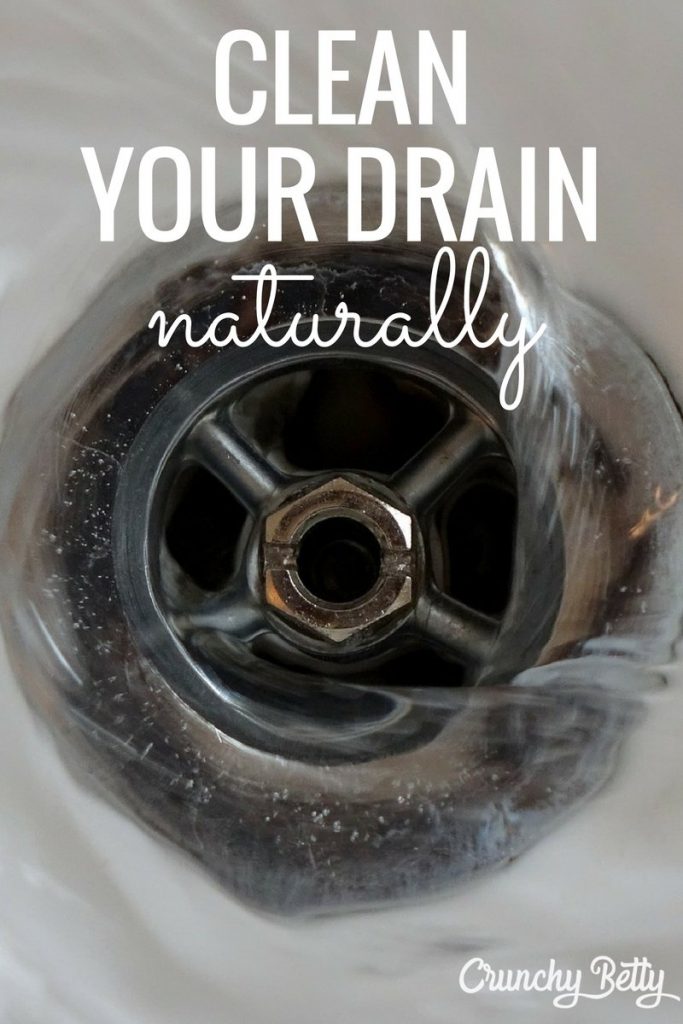
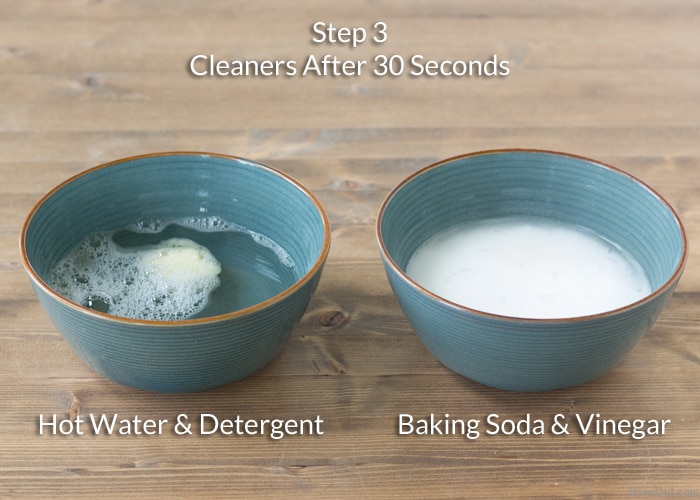
:max_bytes(150000):strip_icc()/freshen-and-unclog-drain-with-baking-soda-1900466-17-20179d73b7a2455797ebc6a5f5bf7479.jpg)


